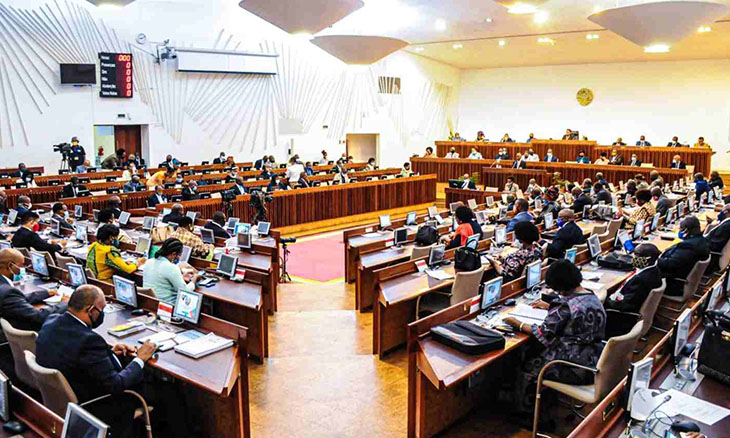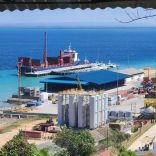Mozambique team in Russia to take part in International Geological Championship "GeoChallenge"
Mozambique: Fuels to be taxed under specific law

Image: O País
Fuels are now set to be taxed through the Specific Consumption Tax, under the revision of the Tax System Law which aims to, among other aspects, reduce the damage caused by fossil fuels.
Twenty years after the approval of the law that establishes the organizational principles of the tax system in Mozambique, parliament this Wednesday approved the bill that amends Articles 68, 69 and 70.
This law suppresses the competence of the Council of Ministers to change taxes, passing it instead to the Assembly of the Republic, as a legislative body.
The reference to the Simplified Tax for Small Taxpayers (ISPC) is also introduced, which was omitted, as it was created later by Law nº 5/2009, of January 12 – Eliminating the Fuel Tax – and enabling fuels to be taxed under the Specific Consumption Tax (ICE), taking into account their nature and characteristics.
“The incorporation of fuels in the Specific Consumption Tax is also justified for extra-fiscal reasons, namely, the environmental damage fuels caused and the need to replace the costs of fuel use on the ‘user pays’ principle; fuels are used in vehicles that wear out the roads, hence the assignment of part of the revenue to road maintenance,” explained Max Tonela, Minister of Economy and Finance.
Deputies speaking in the debate defended the need for the government to determine specific criteria that regulate the taxation of fuels.
“Fuel is one of the examples of goods that are harmful to health. In the current context, it is taxed. Furthermore, there is an urgent need to implement the Specific Consumption Tax for fuels, with a view to ensuring greater revenue collection,” argued Sara Ubisse, from the Frelimo bench.
Renamo says that the simplified tax for small taxpayers only harms small businesses, while the MDM complained that this law introduces yet more taxes to suffocate the citizen, contrary to the spirit of the economic acceleration measures announced by the government.
Also this Wednesday, parliament approved the proposal for a law on the Specific Consumption Tax Code, which, among other aspects, introduces taxation of products such as plastics, juices, syrups and other special consumer goods harmful to health or considered superfluous and luxurious.
The government says part of the revenue from the Tax on Specific Consumption will be allocated to the health (35%) and sports (15%) sectors, the rest being reserved for the state to apply to other needs.












Leave a Reply
Be the First to Comment!
You must be logged in to post a comment.
You must be logged in to post a comment.